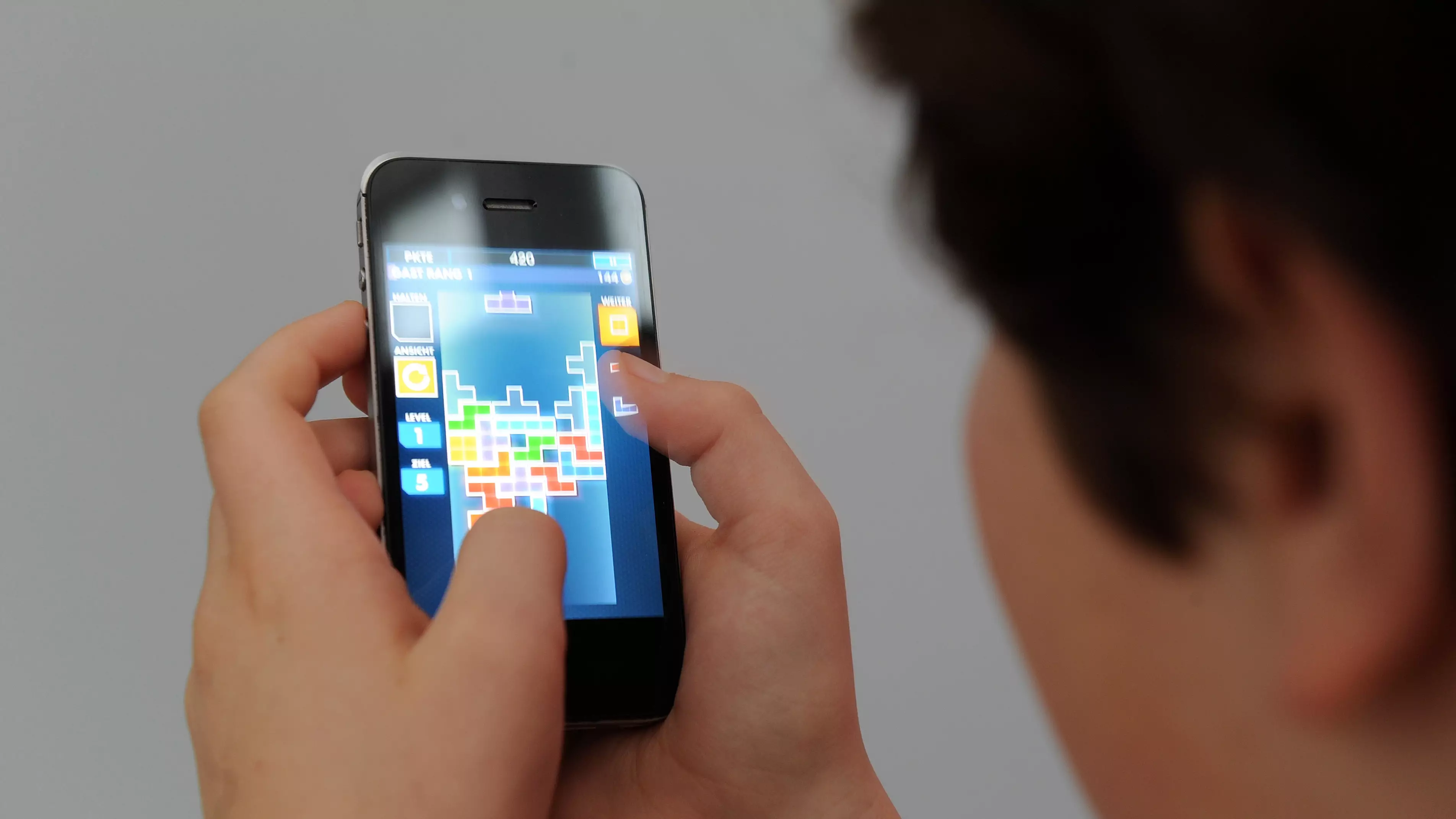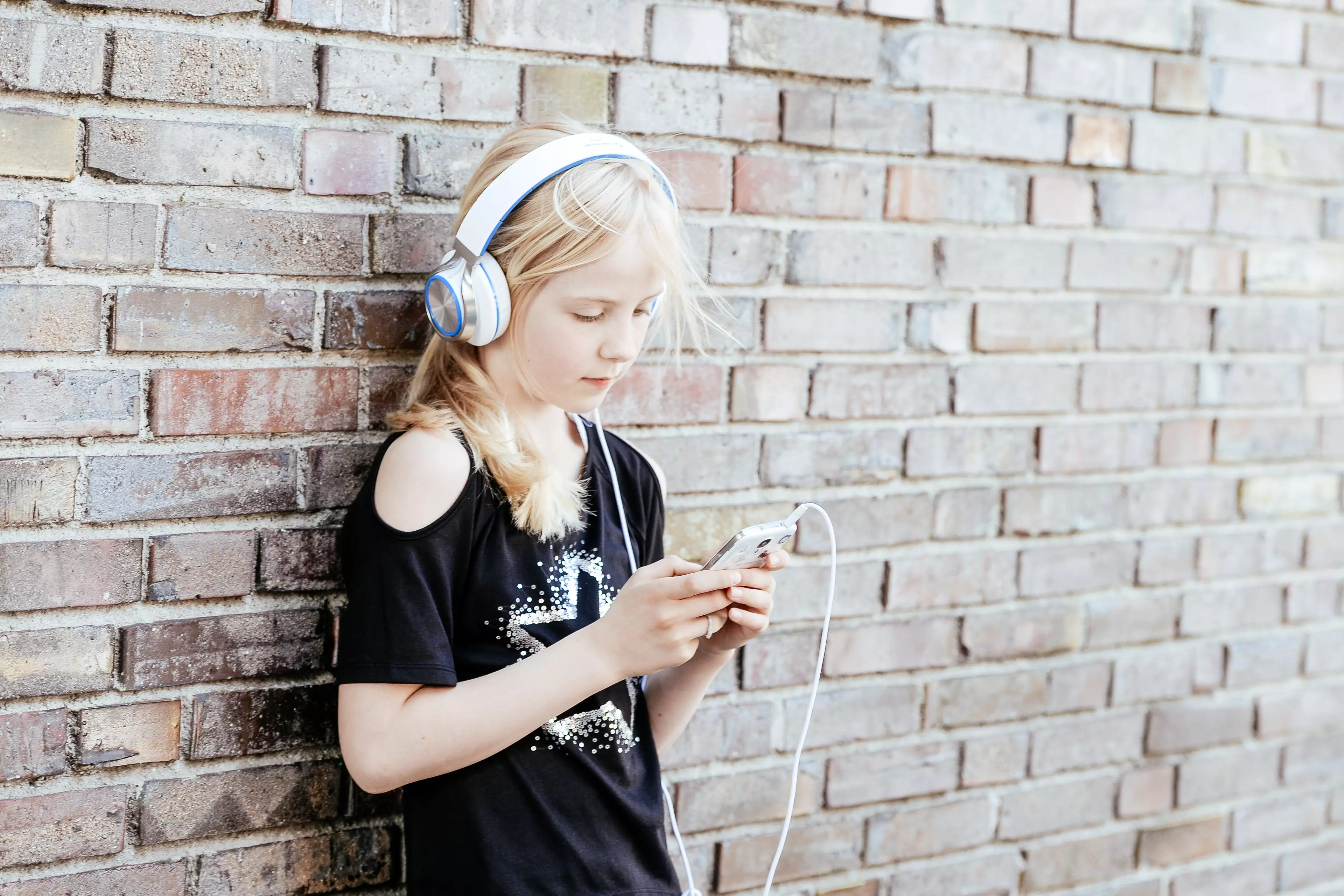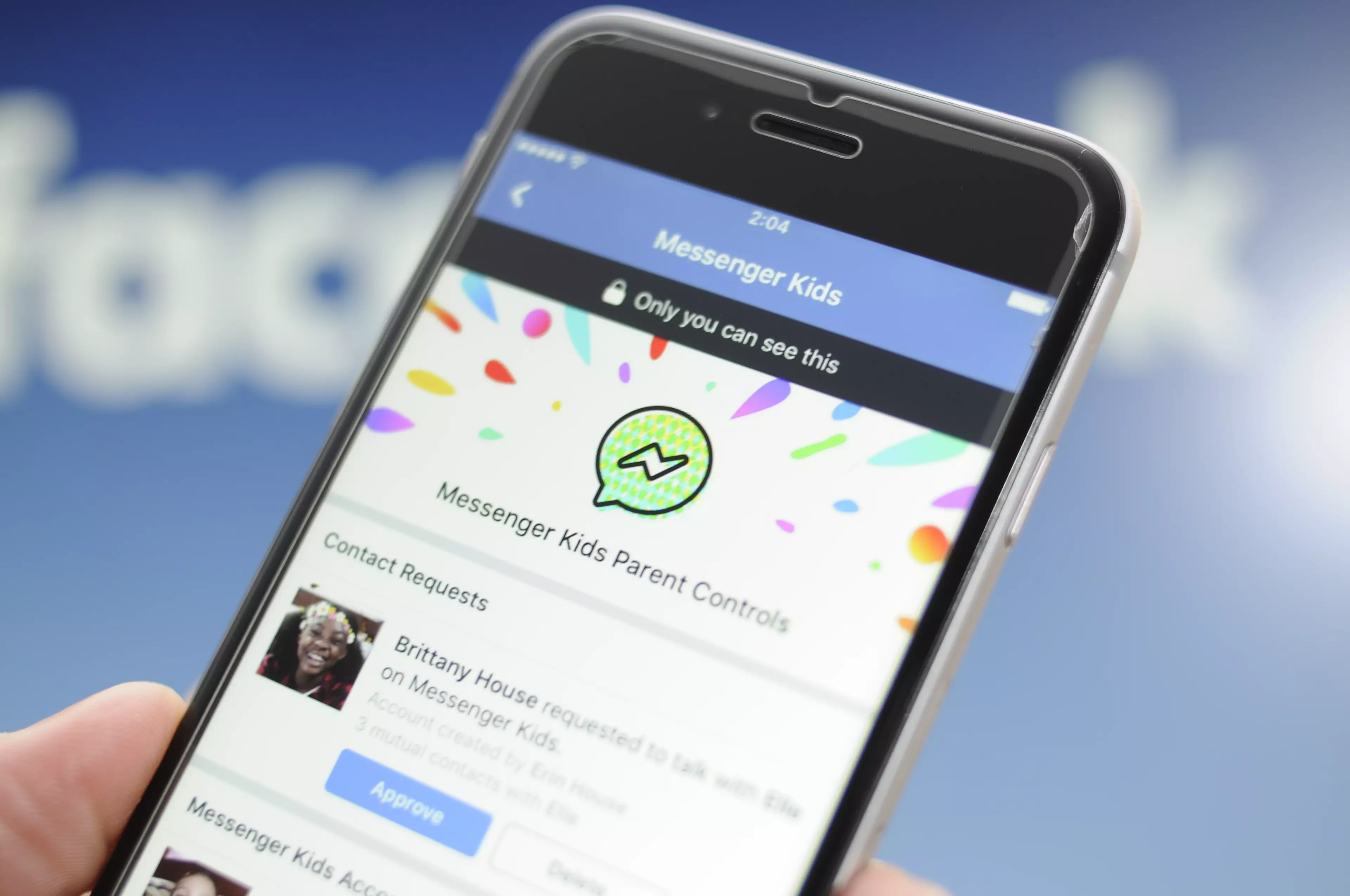
We live in an age where looking at smartphones and tablets is an everyday occurrence for people of all ages, but scientists have warned that staring at a screen can have serious effects on mental health.

The warning isn't only for adults who spend their working days on computers and smartphones, but even extends to children as young as two years old who are at risk of developing mental health issues, reports the Daily Mail.
Advert
Research suggests that youngsters who spend as little as an hour a day staring at a screen are more likely to be anxious or depressed, as scientists say this could be making children less emotionally stable, unable to finish tasks, less curious and could be lowering their self-control.
It's still the case that teenagers are most at risk from the effects of using smart devices, however children under the age of 10 and toddlers still have developing brains so can be easily affected.
The research shows British kids are spending up to five hours every day faced with their electronic devices.
Advert
Researchers from San Diego State University and the University of Georgia have said that time spent on smart devices is a serious cause of mental health issues.
Professors Jean Twenge and Keith Campbell said: "Half of mental health problems develop by adolescence. There is a need to identify factors linked to mental health issues that are [able to be changed] in this population, as most are difficult or impossible to influence. How children and adolescents spend their leisure time is [easier] to change."

They have said it's up to parents and teachers to cut down the time children spend online or in front of the television while studying, or even socialising, eating and playing sport.
Advert
Professor Twenge's study is one of the biggest of its kind and backs the American Academy of Pediatrics' established screen time limit which recommends one hour per day for children aged two to five.
She added the study also suggests a similar limit, such as two hours, should be implemented to school-aged children and adolescents.
Scientists analaysed data provided by parents of more than 40,000 children from the USA - aged two to 17 - for a nationwide health survey, in 2016.
The study found links between screen time and wellbeing are stronger among adolescents than young children as Professor Twenge said: "At first, I was surprised the associations were larger for adolescents. However, teens spend more time on their phones and on social media, and we know from other research that these activities are more strongly linked to low wellbeing than watching television and videos, which is most of younger children's screen time."
Advert
Featured Image Credit: PA
Topics: Children, World News, Mental Health